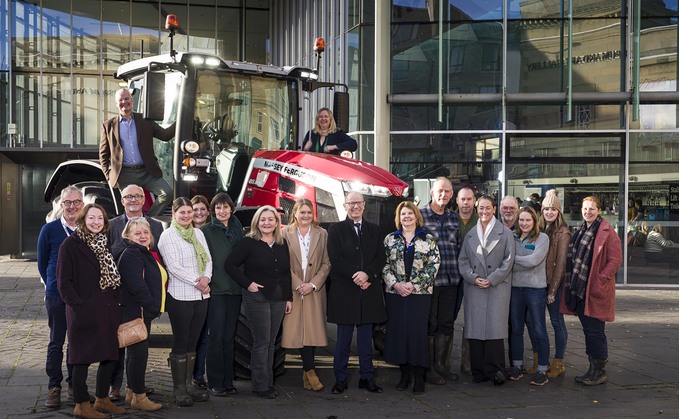
Agritourism has become one of rural Scotland's fastest growing sectors with an estimated 800 businesses now involved in one way or another. It is now believed to be worth £60m a year to the economy and...

Agritourism has become one of rural Scotland's fastest growing sectors with an estimated 800 businesses now involved in one way or another. It is now believed to be worth £60m a year to the economy and...
2021 John Deere 6155R Ultimate Edition Command
Delegates at the NNFCC On-Farm AD and Methane Capture Summit heard from industry experts about the significant benefits of micro AD plants and how financial and political support are urgently needed to increase adoption
Thinking of things to do this Easter? Look no further than a farm
Could your farm be ideal for a diversification into vineyards?